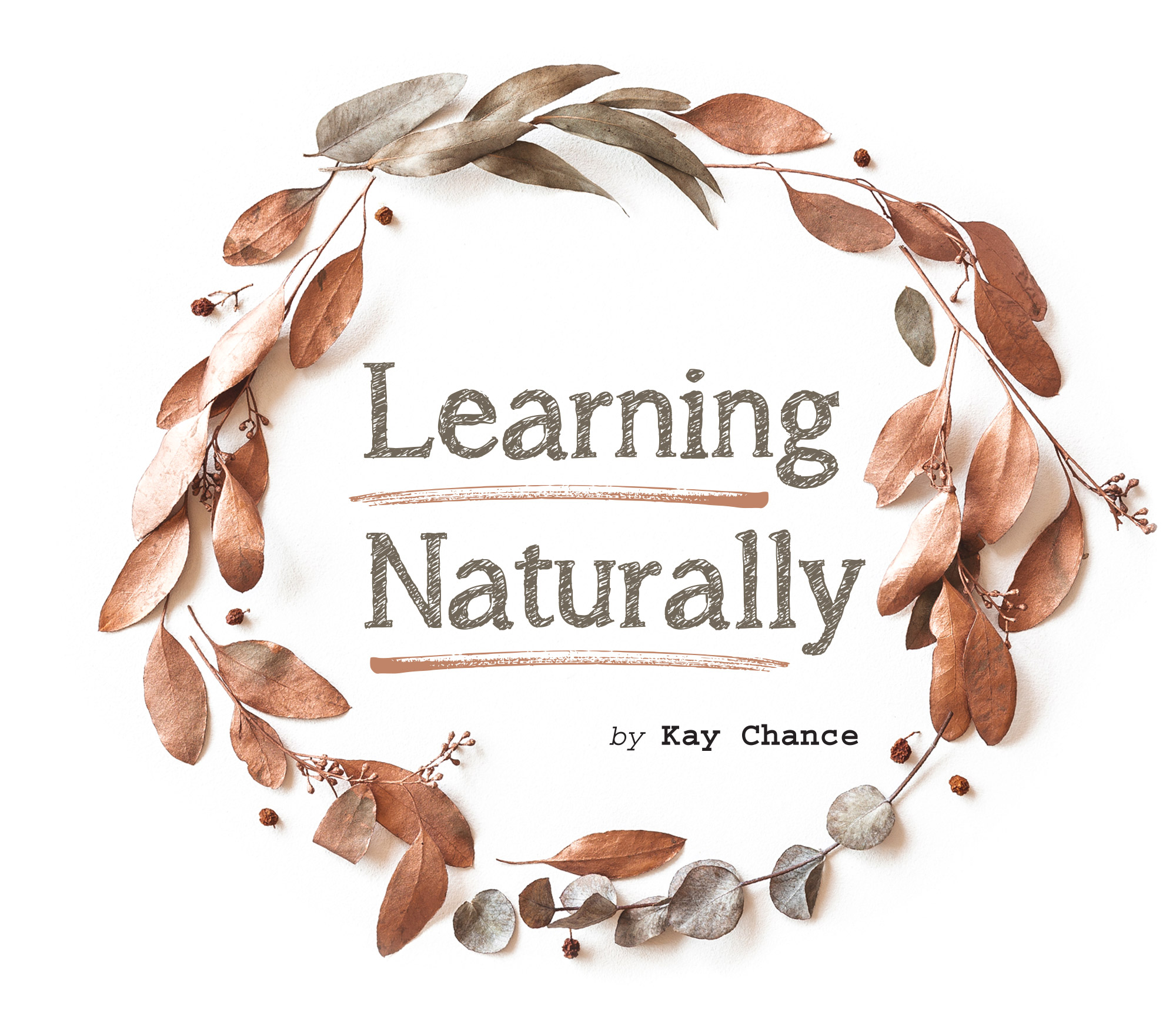
And I very much did not like writing in high school and college. I dreaded it. It even took the joy out of the novels we were to read for class. Books aren’t nearly as interesting if they are just another thing to write another essay about.
I blame all those five-paragraph essays and formal research papers we were assigned. The research paper…Y’all, I grew up during a time when you had to hand write the paper while leaving room at the bottom for your footnotes. At a time when, if you made a mistake, you were required to write the page again. IN INK.
College wasn’t much better, but we did start using word processors. Shocking I despised writing, huh?
Don’t get me wrong. I accrued my fair share of “A’s” as an honors student. I knew how to follow the formula because I was a people-pleaser. I was a teacher-pleaser.
Yes, I learned to write. But I hated it.
It was homeschooling that changed everything. Homeschooling is where I experienced my own paradigm shift and found a love for writing. With the next paradigm shift, I hope your older students will develop a love for writing as well, or at least be able to do it without rolling their eyes while a sigh escapes.
Paradigm Shift: Our teens need to prepare to write for the real world, not college.
Okay, I already hear your protests! I’m not saying your students shouldn’t spend some of their time writing essays! If they plan to go to college, they do need those skills. But, not all of our children will choose to go to college, and even if they do, we need to remember: we are preparing our children and teens for LIFE, not college.
Think through the writing you either do or encounter on a regular basis. Your list may look similar to mine: online news, emails, social media posts, advertisements, website copy, non-fiction and fiction books, journal entries, and articles or blogs. And people write for a variety of different purposes: to inform, persuade, sell, entertain, or to grow personally or spiritually. Whatever job a person has may even bring more specialized forms of writing.
Though some of these are types of essays, many of them are not. The essays and research papers we assign in school tend to be guided by form and rules more than the things that make writing come alive: creative insights, appeals to emotion, critical thinking, literary elements, humor, and heart. Do you remember looking up words in a thesaurus simply to make your essay sound more “intelligent”? Academic writing calls for a formality not found in most other forms.
With this paradigm shift we recognize that meaning and message drive how we communicate in writing.
1. Form should always follow meaning. In other words, what our students have to say should determine how they say it and how long it takes to say it. When students are given word or page requirements, they tend to add sentences simply for the sake of making their essays longer. In the real world, brevity and clarity trumps verbosity. No one wants to read in five hundred words what can be said well in one hundred words.
2. Sometimes it’s okay to break the rules. Let me give you a real-world example from how we’ve changed our editing process at Homeschooling Today.
The goal of editors is to help make the author’s message clear. In the past, that meant making sure the grammar conformed to formal rules of sentence structure, mechanics, word usage, etc. To a point, that is still important. But in “cleaning things up,” we sometimes lose the person behind the words. We have an incredible team of writers, and Tracy and I want you to know them—including their unique way of sharing their hearts and wisdom.
So we’ve decided to honor the way they stylistically break rules when it helps promote meaning or helps you to get to know them with their unique personalities and passions. We believe there’s a place for formality, and there’s a place for conversation. Using fragments to emphasize, capitalizing words to get your attention, inserting ellipses, and saying words like “y’all” are all a part of talking to you… not at you.
Consider who they are and be curious about what they think and have to say. Encourage them to write about their unique interests. Have them explore hard questions they are already asking.
Maybe your child loves analyzing literature and wants to write a paper delving into how Jane Austin satirically writes about social customs. Great. But it’s also okay not to do that. (Just FYI—I taught a group of homeschool juniors and seniors and convinced them Pride and Prejudice is actually hilarious in many ways. They ended up loving it and wrote blog posts from different characters’ points of view. We had FUN!)
If your teens go to college, yes, they will be assigned topics. Trust me… they will be able to adapt. And you can give them a few practice tests before taking the SAT or ACT. When we give them the skills of writing and the confidence that what they have to say is important—when we help them to become better thinkers (the hard part of writing)—we won’t have to worry about their ability to do an assignment.
- A hard question they have about the Bible
- Practical questions about what it looks like to “walk with God” as is so often mentioned in Scripture
- Current events they are interested in and following
- How social media has changed the way we communicate and think as people
- What makes a good leader and what consequences of poor leadership they’ve noticed in the word today
- Why people use labels in arguments and how that affects conversations
- The value of playing team sports versus individual ones
- Why video games are good (or not good) to play and if time should be limited
You get the idea. Let them write about the real world. And I want to encourage you to give them the freedom to even disagree with you on these topics. Continue the conversations, explain your “whys,” and encourage them to keep thinking and reading.
Learning to write for the real world is all about learning to think in the real world. All of our children will need that skill. Writing helps us organize our thoughts and forces us to slow down long enough to think. It requires evaluating and reading and learning about different perspectives and ideas—not blind consuming of information.
Editing can make the meaning clearer, but the “meat” of the writing is the thought behind it. It’s about the writer, after all. Writing is valuable because the writer is valuable.
Remember to keep these priorities: process over perfection, person over product. Then they will be prepared for the real world.
Download Real World Writing for Teens for ideas on how you can do this in your home!
